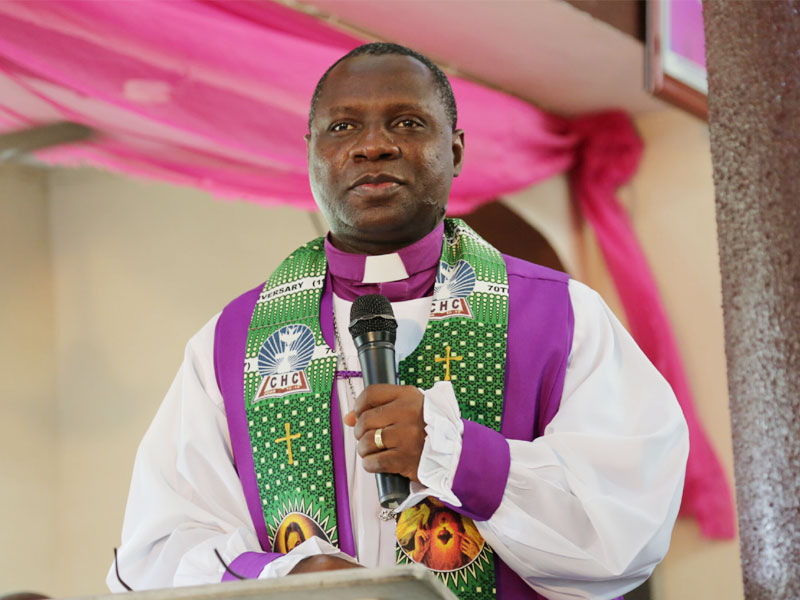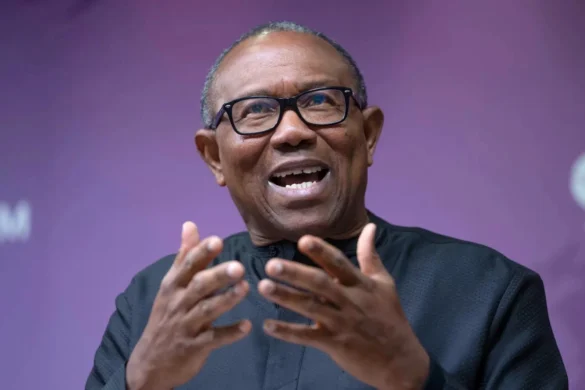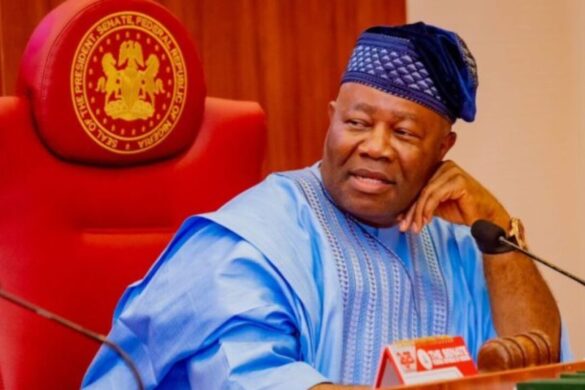The Christian Association of Nigeria (CAN) says the hike in the price of petrol occasioned by the removal of fuel subsidy has placed enormous burden on Nigerians.
The Christian body, therefore, asked the Federal Government to quickly alleviate the hardship faced by already burdened masses.
CAN, in a statement by its President, Archbishop Daniel Okoh, said though the removal of fuel subsidy had become inevitable if the Nigerian economy is to experience sustainable growth, it must be done in a way that Nigerians won’t be subjected to untold hardship.
“Against the backdrop of the recent unprecedented hikes in fuel prices and alarming inflation, the national leadership of the Christian Association of Nigeria wishes to express its deepest concerns over the hardships faced by Nigerians, and calls for immediate steps to prevailing mitigate the situation.
“While Nigerians were trying to adjust to the initial increase in the fuel price to N540 and its consequential effect on the cost of transportation, food, goods and services, and the general cost of living, another hike alluded to market forces took the price to N617,” he said.
“This has placed enormous burden on the already struggling masses, further widening the gap between the rich and the poor and drastically eroding the purchasing power of ordinary citizens, and making it extremely difficult for them to afford the basic necessities of life. The situation is just unbearable for millions of Nigerians who were already suffering poverty.”
The Christian body urged the President Bola Tinubu government to prioritise measures to “alleviate rather than exacerbate the existing poverty level and hardships of Nigerians”.
CAN advised the government to focus on diversifying the economy, reducing dependency on volatile commodities, and promoting investments in sectors.
The fuel subsidy palliatives being considered by government should go beyond cash transfers to consider introducing mass transport across the states to reduce the cost of transportation. The multiplier effect of this will be profound, the body stated.
“Government should take measures to reduce the price of fuel. Such measures should include removal of unnecessary levies and taxes on imported petroleum products, the stabilization of the foreign exchange market and putting back our local refineries to functional and effective use.”




